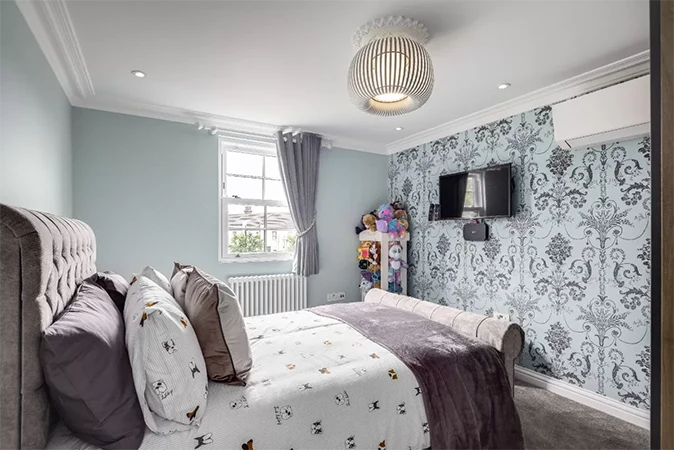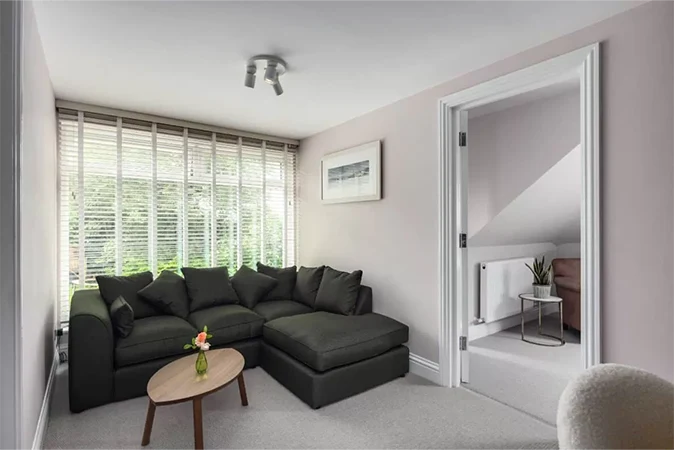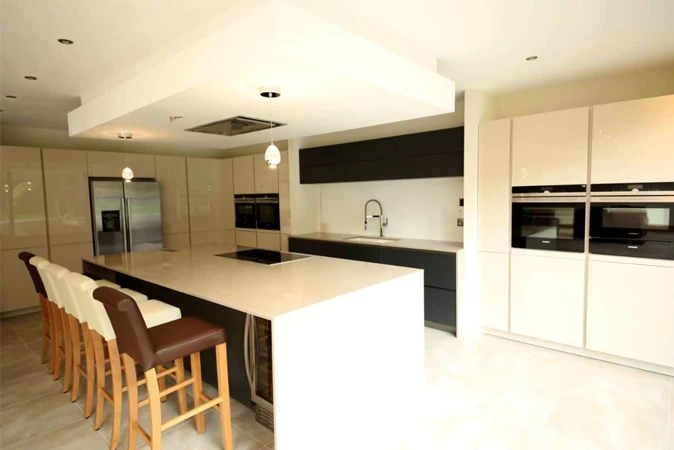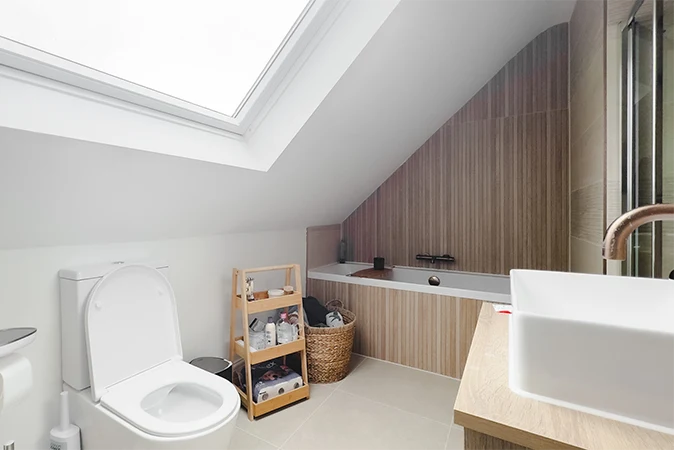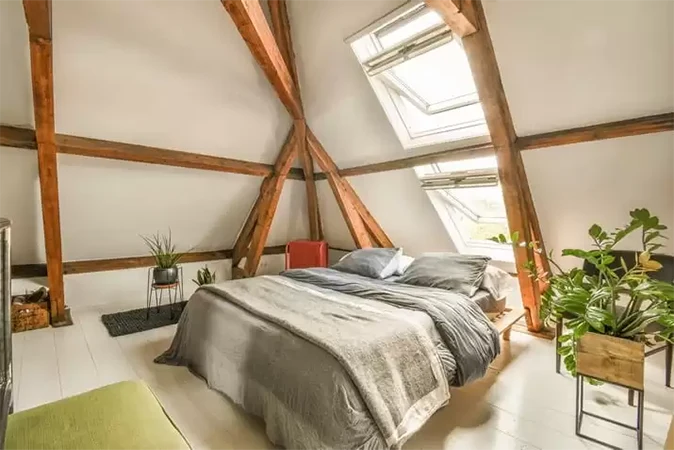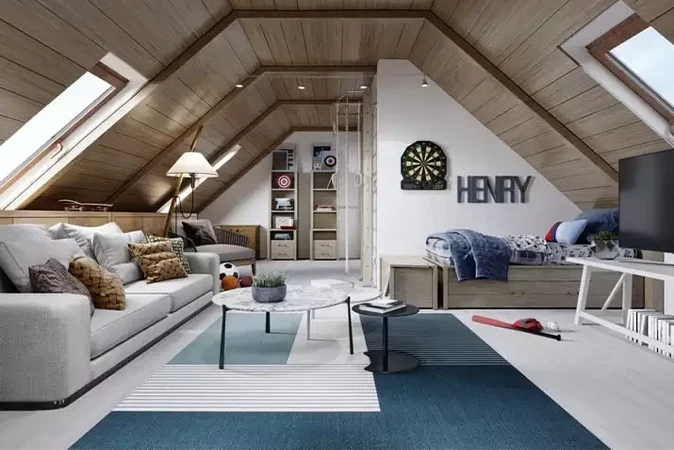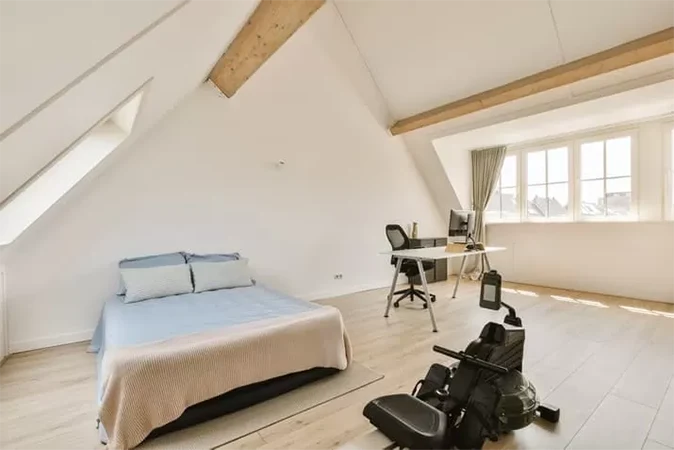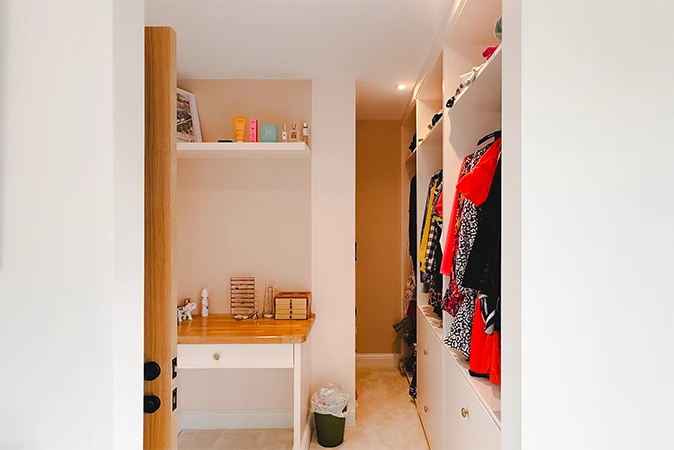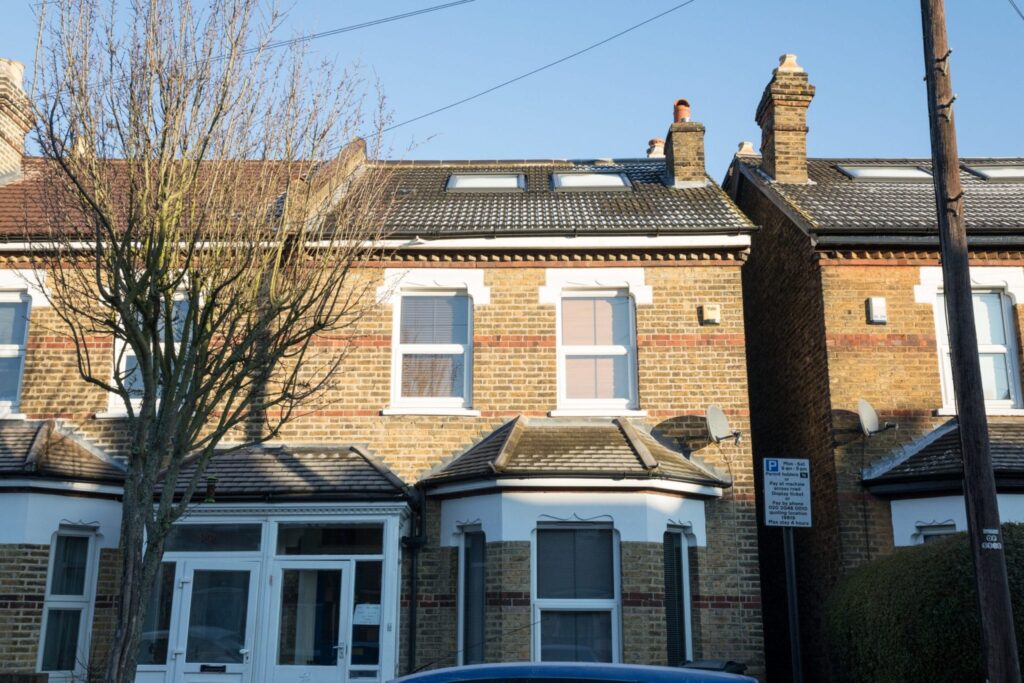Besides potentially violating sound pollution laws, there is actually no legislation that prevents light level DIY taking place on a shared wall, and, as annoying as this may be, you generally just have to put up with it. However, if the work takes on a more destructive nature, something is known as A ‘party wall agreement’ may become necessary.
What is “The Party Wall Act”?
Governed by the Party Wall Act 1996, the agreement stretches from any adjoining internal walls right up to those that form a partition between two properties in any way, such as garden walls that form a perimeter, or even a ceiling that constitutes the floor of the above flat.
Knowing what you can and can’t do when taking on any kind of project that requires work to take place on your walls is important. For example, merely doing some painting and decorating won’t require a formal agreement, and minimal hammering and drilling to put up some shelves or rewire electrics also doesn’t need a contract (although a courteous warning might be advisable!).
However, if the type of work you are embarking on falls under that which is considered destructive, a party wall agreement is necessitated. This includes any installation of damp proofing or insulation, the fitting of load-bearing beams or structures, or anything that changes the dimensions of the wall.
What steps should I take?
Well, initially, you should let the neighbour in question know of your intentions before doing anything else. You never know; if the work benefits them (such as fitting insulation or damp proofing) they may even offer to contribute to the costs!
This should be followed up by a mutually agreed inspection by either a professional architect or surveyor, or the Building Control Office to fully determine the extent of the work and the impact it will have on the structure. The results of the assessment will then have to be verified by all parties, as each owner of the wall is protected under the Party Wall Act.
The party wall agreement itself should include the names and addresses of both the property owner and property where the work is taking places, as well as that of the adjoining premises; a description of the proposed work; the projected start date; the date of the agreement and reference to the fact that all work is being carried out in accordance with the Party Wall Act 1996.
As well as these details, any further terms and conditions agreed by the signees, such as vehicle access, waste disposal, working hours etc, should also be included in the initial agreement, which should then be responded to by all neighbours involved within 14 days to allow work to begin.
Party Wall Act advice
Here at LMB Loft Conversions, our expert team are always on hand to offer tips and advice about your project, helping you to check you have fulfilled every requirement of the Party Wall Act as well as met all other regulations.
We offer high quality, great value loft conversions, taking care of the process from start to finish with thorough design and installation services carried out. LMB also perform a range of related services, from dormer windows to garage conversions, so you’re sure to find all your home extension needs with us.
For more information, or to request a quote, contact the friendly team at LMB Group today.








